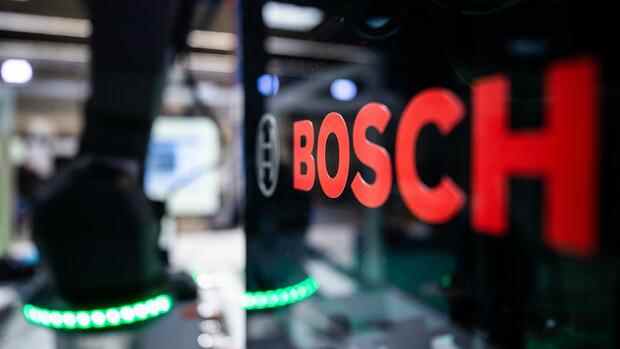Some of the most successful companies in Germany have been working with the principle of so-called responsible ownership for decades.
(Photo: dpa)
When 600 entrepreneurs and economic experts, including professors Ann-Kristin Achleitner, Michael Hüther and Lars Feld, join forces in an initiative, then it has to be a matter of the highest urgency. “We call for a legal innovation to be launched together to strengthen the social market economy: a legal form for responsible ownership”, the signatories put it in a kind of public letter months ago.
Now the illustrious circle of senders has come much closer to its goal. The coalition agreement says: “A modern corporate culture also includes companies with tied assets (…) for which we want to create a new, suitable legal basis.”
Responsible ownership first? Tied assets now? After much criticism of the terminology, the label has changed, but not the goal of the project: With a view to a sustainable economy, the coalitionists are likely to want to create a new legal form that makes it easier for family businesses and start-ups to create internal ones To preserve values and economic independence, even if there is no successor in the respective family or founding group. With the new legal form, profits remain largely in the company, the respective management has to orientate itself exclusively on the overriding corporate goals.
These are leitmotifs that most successful family entrepreneurs would probably also subscribe to. Nevertheless, there were great concerns about the creation of a new legal form and its sponsors were quite prominent. It was said that the idea of property was being eroded and, above all, that entrepreneurial motivation was being undermined. In addition, so many traditional family entrepreneurs whispered, the legal form of the foundation already exists for the basic idea of responsible ownership.
Top jobs of the day
Find the best jobs now and
be notified by email.
In fact, some of the most successful companies in Germany, such as Robert Bosch or Carl Zeiss, are organized in a similar way under company law and have been working for decades with the principle of so-called responsible ownership, which the Stuttgart-based automotive supplier group Bosch stated in the will of the founder: The company must remain an independent company and dividends must go to non-profit organizations Purposes. Robert Bosch believed that employees and managers in particular who had a stake in the company could tend to prioritize short-term profits over long-term corporate purposes.
Coalitionaries shouldn’t be impressed by lobbyists
This has been prevented at Bosch to this day by a double foundation model: According to this, the incumbent Bosch supervisory board chairman holds voting rights in the company, but has no access to its profits. The basic principle is: the separation of voting rights and assets.
If all of this is already possible today, why does Germany need a new legal form at all? Because these foundation structures, as used by Bosch or Zeiss, are very complex, time-consuming and expensive. That is why a simple and inexpensive solution will be needed in the future, especially for smaller companies.
The coalitionists should therefore not be impressed by a renewed outcry from the lobbyists who are preserving their status in the legislative process. The concern now enshrined in the coalition agreement is correct:
- Firstly, no company will be forced to submit to the new legal form.
- Second, the new legal framework strengthens the idea of a fundamentally more sustainable economy.
And practically incidentally, the issue of inheritance tax would also largely be dealt with – at least in those companies that choose the new legal form in the future.
More: From “momentum for the energy transition” to “bad checks” – how the economy evaluates the traffic light plans
